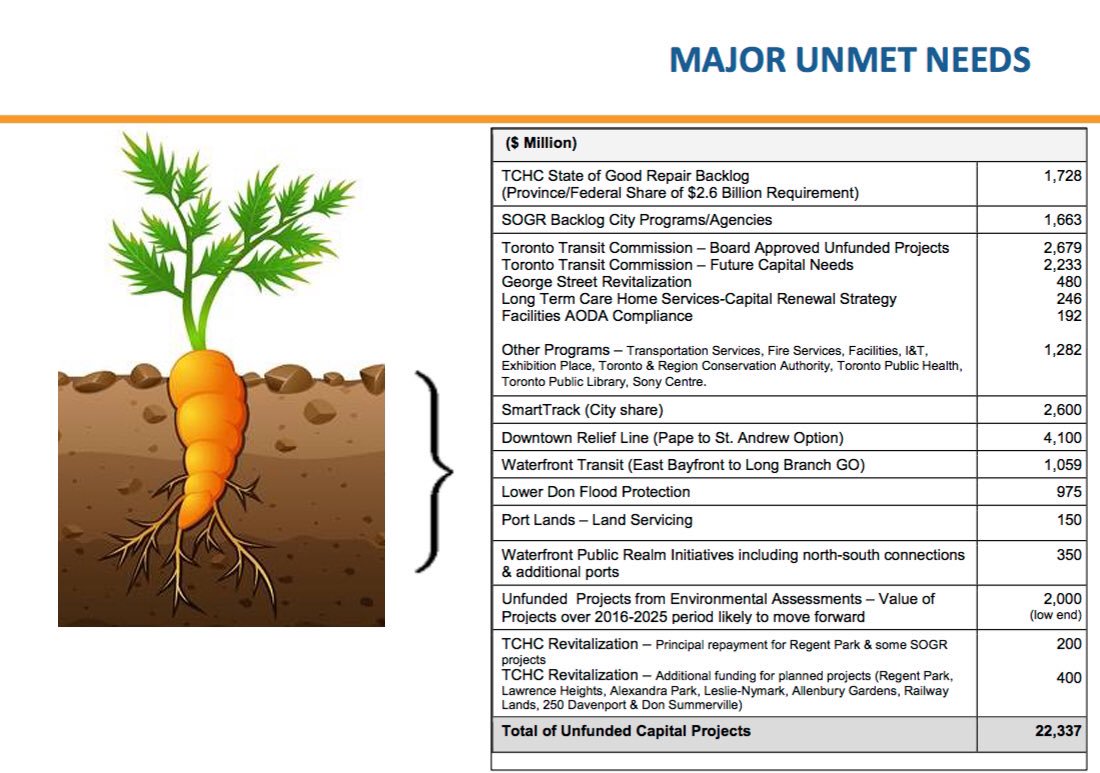The recommended plan would allow
Mayor John Tory to make good on his campaign promise to create a standing committee on housing, although its mandate to deal with affordable housing is not yet spelled out.
Tory’s own executive committee, where his closest allies are brought together to consider major city business, should be shrunk to eight members from 13, staff say, which would tighten the mayor’s inner circle.
Other committees and external boards would see a reduction in the number of members appointed.
The recommended revisions to committees would reduce the number of seats to be filled from 97 to 52.
Community councils, which are responsible for neighbourhood issues such as development, tree removals, speed bump approvals and other matters, also have to be restructured because they were recently aligned with a 47-ward system.
The new boundaries recommended by staff largely follow traditional boundaries, with a few exceptions. The residents who were formerly in Ward 13 (Parkdale-High Park) and Ward 17 (Davenport) will be represented by the Toronto and East York community council in their new Ward 4 (Parkdale-High Park) and Ward 9 (Davenport) rather than the Etobicoke York council they’re used to. And former Ward 8 (York West) residents now fall into the Etobicoke York community council in their new Ward 7 (Humber River-Black Creek).
With larger geographic boundaries, and, for some, twice the number of constituents, one of the biggest challenges for councillors will be finding time to handle residents’ concerns and attend meetings.
Although city staff do not provide a recommendation on how to create more capacity in their offices, they lay out several options for increasing councillors’ staff and budgets. One of those is to double the staffing budget to $482,000, as was
called for in an open letter from more than 50 neighbourhood associations, and to double their office budgets.
Right now, councillors’ staffing budgets are equivalent to the top salary for three separate positions. Several councillors who already represent nearly 100,000 constituents now split that budget among more than four staff. This means the busier offices have staff that receive lower pay for handling more work.
Doubling the budgets would mean an increase of $1.12 million, compared to 2018. That is a fraction of the city’s overall $13-billion operating budget.
In order to increase their budgets, a council member will have to move a motion to that effect at council next week. This then requires majority approval.
As for councillors’ salaries, staff said there is no comparable salary range, as there are no other councils in Canada with so few councillors for so many people.
Councillors now earn $114,306.
A review could be launched with an independent consultant or committee of citizens, the report says.
There are also expected changes in the mayor’s office already underway. In a letter to councillors and city staff Tuesday, Tory announced his
chief of staff Chris Eby and principal secretary Vic Gupta would be leaving at the end of the term, on Nov. 30.
Replacing Eby as the head of Tory’s office will be Luke Robertson, who moved up the ranks as a member of Tory’s staff last term after moving over from the city’s licensing division. Robertson was most recently Tory’s re-election campaign manager, earning a personal shout-out from the mayor at his victory party and the praise of his colleagues.
It’s not yet clear who will be taking Gupta’s place.





